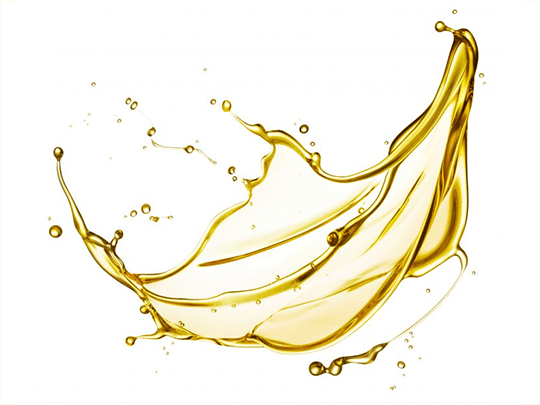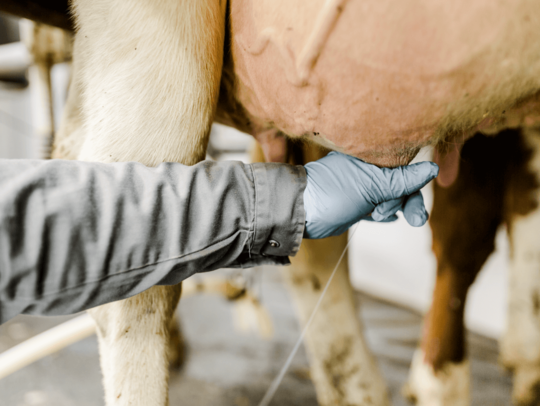Phytogenics: natural additives to improve performance in dairy
Meeting consumers' expectations for sustainable agriculture while providing animal-derived products, such as milk, to feed the growing global population has become a new challenge for the industry. These two objectives seem somewhat challenging to conciliate. Yet, there are ways to use natural plant-based feed additives to improve the performance of the animals and reduce their environmental impact.
What are phytogenics?

Today, "phytogenic feed additive" (PFA) represents an established and technical term. Analyzing its etymology reveals that "phytogenic" consists of the Greek words "Phyton," which stands for "plant," and "genes," meaning "creating, yielding." Thus, phytogenics consist of plant-derived, bioactive substances.
When thinking about phytogenics, especially in animal nutrition, the most well-known substances are essential oils (EOs), consisting of a wide range of potent active ingredients. However, PFAs do not restrict to EOs, representing only a sub-category, and should not be used instead of phytogenics. This explains the broad spectrum of PFA modes of action in animal production. Saponins, flavonoids, mucilages, tannins, pungent substances, bitter substances… also belong to PFAs, each with their specific modes of action.
What is the difference between natural and nature-identical?

Some phytogenics products available on the market are based on nature-identical substances, whereas some others are from natural origin. This happens particularly for essential oils. In nature, EOs are composed of major and minor components that create the unique "fingerprint" of the plant's essential oil. The composition of plant extracts can vary, so it is not easy to standardize the EOs composition and guarantee the stability of the PFA characteristics between batches. To reduce the variability of the EOs composition, the identified lead active substances amongst the major components, such as thymol in thyme oil or cinnamaldehyde in cassia oil, have been chemically reproduced.
However, PFAs using natural plant extracts show a wider range of modes of action in animal nutrition than chemical nature-identical substances. This advantage is based on the synergistic effects of all agents within a plant extract, which have not been reduced to the effects of a single lead substance.

How can phytogenics help improve milk performance?
Phytogenics feed additives developed at Delacon can address different challenges. In dairy, based on the improved palatability of the feed they are included in and the related feeding behavior and nutrient supply, they participate in the improved feed efficiency through better protein and energy efficiency in all kinds of diets and the support of animal's resilience.
Improved protein efficiency impacts favorably the farm's margin (e.g., less protein needed for the same production) and the environment due to reduced manure losses.
If we've made you curious and you'd like to read the full article about phytogenics and their beneficial effects in dairy, published in the Feed & Additive magazine, please click below.

Delphine Lacombe
Delphine Lacombe has joined Delacon in April 2018, as Customer Technical Manager for the ruminant team. She is an agronomist engineer, graduated from Agrocampus Ouest in France, and started working as dairy nutritionist for a feedmill. For the past 10 years, Delphine has been working within animal nutrition industry, mainly in the feed additive business. At the moment, she is responsible for the technical support of the EE and Latam regions.










